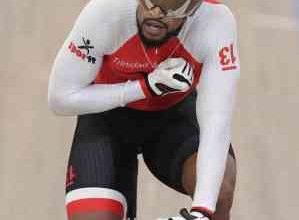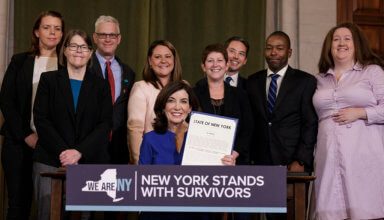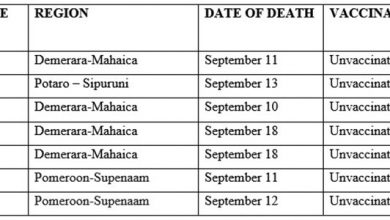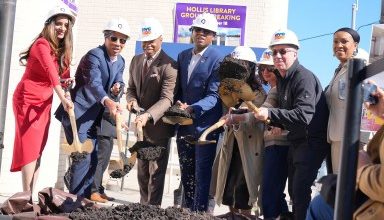British slave owner family to say sorry to Guyana
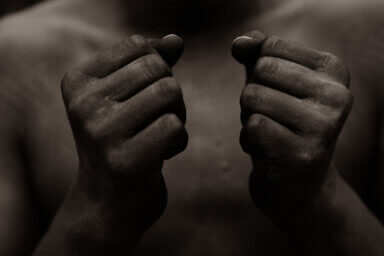
Some of today’s generations of a cruel British slave owner who had owned a string of sugar and other plantations in Guyana, are headed to the country this week to say sorry for the sins of the past.
Collaborating on this venture with the University of Guyana and several Afro organizations, the descendants of a planter named John Gladstone say the time is ripe for them to atone for the since of their fore parents and to help with healing and efforts to repair a horrible wrong as John Gladstone was a “vile and greedy man (BBC) whose wealth grew exponentially on the back of unpaid African slaves. One of Gladstone’s sons eventually became a four-time colonial era British prime minister. He is credited with owning more than 2,500 slaves in Guyana and Jamaica.
“The Gladstone family, which includes several historians, have today confirmed that they will in fact offer an apology given the role their ancestors had played here,” the university said in a weekend statement, unveiling its plans to engage with the family this week.
Local activists say they are unsure whether the Gladstones are reacting to pressure being mounted by Caribbean governments on former European slave trading nations to pay reparations, or by family consciences. It is unclear if similar plans are being organized in Jamaica.
The Guyana apology will be the latest in a string of significant similar attempts at remorse in the past year, starting with the one late December of last year by outgoing Dutch Prime Minister Mark Rutte for the role The Netherlands played in Suriname and other Dutch linkages in the Caribbean. He has also committed The Netherlands to future talks about slavery and reparations while offering $200 million to help with research about the lasting impacts of slavery.
Just about two months after, another United Kingdom family-the Trevelyans-traveled to Grenada to apologize for their ancestors owning more than 1000 slaves and six plantations in the Eastern Caribbean island which the US had invaded in 1983 after the government had collapsed owing to an internal rebellion among other factors. More than 40 of today’s Trevelyan family members have also signed a letter of apology for the atrocities of their fore parents. Former BBC journalist Laura Trevelyan who had made the trip to Grenada is also slated to be in the visiting delegation to Guyana. Laura Trevelyan says she is committed to helping with the reparations movement in the Caribbean.
Early last month, Dutch King Willem Alexander followed PM Rutte’s move and apologized for the Dutch’s role in the trans Atlantic slave trade, as he asked for forgiveness for that crime against humanity.
“Of all the ways in which a person can be robbed of their freedom, slavery is surely the most painful, the most degrading, the most inhuman.”
On the other hand, current Hindu Prime Minister of England Rishi Sanuk has stoutly refused to say sorry for Britain’s participation in slavery, taking a similar stance to that of former PM Dave Cameron when he had visited Jamaica eight years ago.
The Gladstone saga is significant in British and Caribbean history as he was one of those who had campaigned for slave owners to be compensated for losing their “property” when slavery was abolished in the 1830s. Records show that he was awarded nearly 100,000 pounds at the time. Historians reckon that this is equivalent to about Sterling 10 million today.
The effort to atone for their colonial era coincides with the 400 year anniversary of the August 1823 slave rebellion in coastal Demerara, Guyana. It was led by a black slave named Jack Gladstone in keeping with the practice of slaves taking the name of plantation owners and his dad, Quamina. More than 200 slaves were killed along with some whites, while about 50 were sentenced to death. Guyanese activists say surviving slaves were brutally tortured, heads slashed off and planted on pols to frighten others from rising up again. In all more than 10,000 slaves had revolted.

